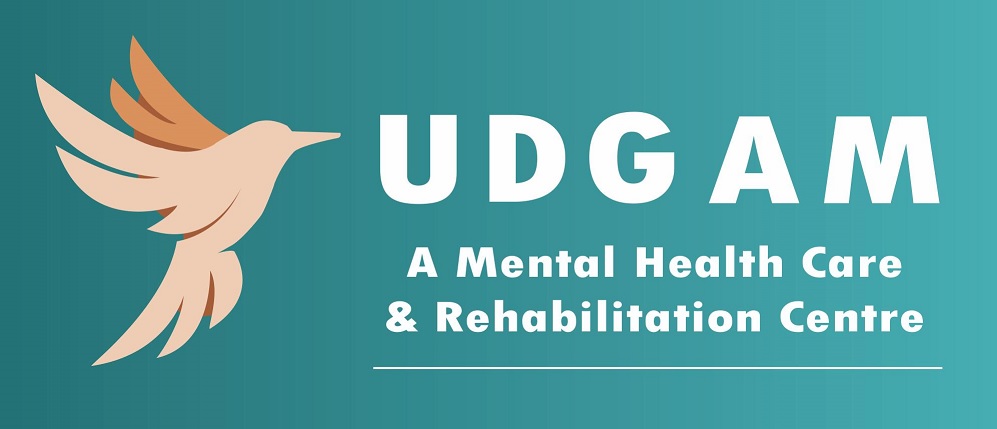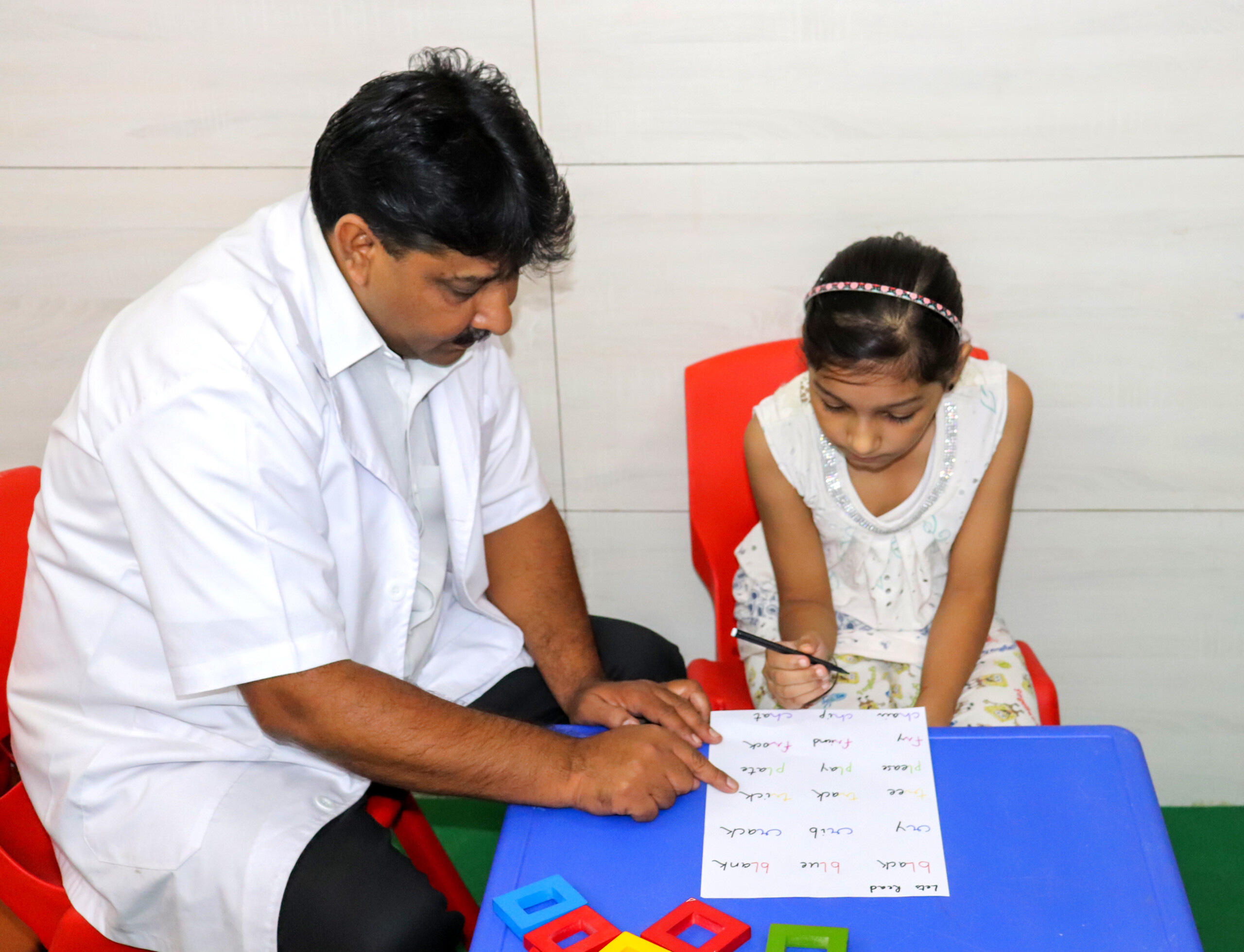What are Specific Learning Disorders (SLD)?
Specific Learning Disorders (SLD) are a group of neurodevelopmental disorders characterized by persistent difficulties in acquiring and using specific academic skills. These disorders typically manifest during the school-age years and significantly interfere with the individual's ability to learn or use specific skills (reading, writing, or math) that are expected for their age, grade level, and intellectual ability.
The most common types of specific learning disorders include:
Dyslexia: Difficulty with accurate and/or fluent word recognition and poor spelling and decoding abilities.Difficulty with reading comprehension: Difficulty understanding and remembering what has been read.
Dysgraphia: Challenges in the ability to write, including problems with spelling, poor handwriting, and difficulty putting thoughts on paper. it is a neurological condition that can significantly impact a person's ability to convey thoughts in writing.
Dyscalculia: Dyscalculia is a learning disability that specifically affects a person's ability to understand and work with numbers. Individuals with dyscalculia may have difficulty with various aspects of mathematics, including basic arithmetic, understanding mathematical concepts, and solving mathematical problems. It's important to note that dyscalculia is not simply a result of inadequate teaching or lack of effort; it is a neurodevelopmental condition that impacts mathematical learning.
It's important to note that individuals with specific learning disorders often have average to above-average intelligence, and their difficulties are not primarily due to other factors such as lack of educational opportunities, intellectual disability, or environmental factors.
Diagnosis and intervention for specific learning disorders typically involve a comprehensive assessment by educational and clinical professionals. Once diagnosed, tailored interventions, accommodations, and support can be provided to help individuals overcome their specific learning challenges and succeed in academic settings.
At Udgam Clinic, we encourage parents to get their children tested as early as possible for SLD. While the diagnosis can be officially made when a child is in 3rd grade or above and shows signs of academic difficulties, an early intervention provides a better prognosis. We have trained therapists and rehabilitation professionals, to provide the best care with consistent results. A child can be tested for SLD only when the IQ is found to be in the average range or above, according to Indian norms. Remember that early recognition and intervention mean the best possible outcomes for children with SLD.




